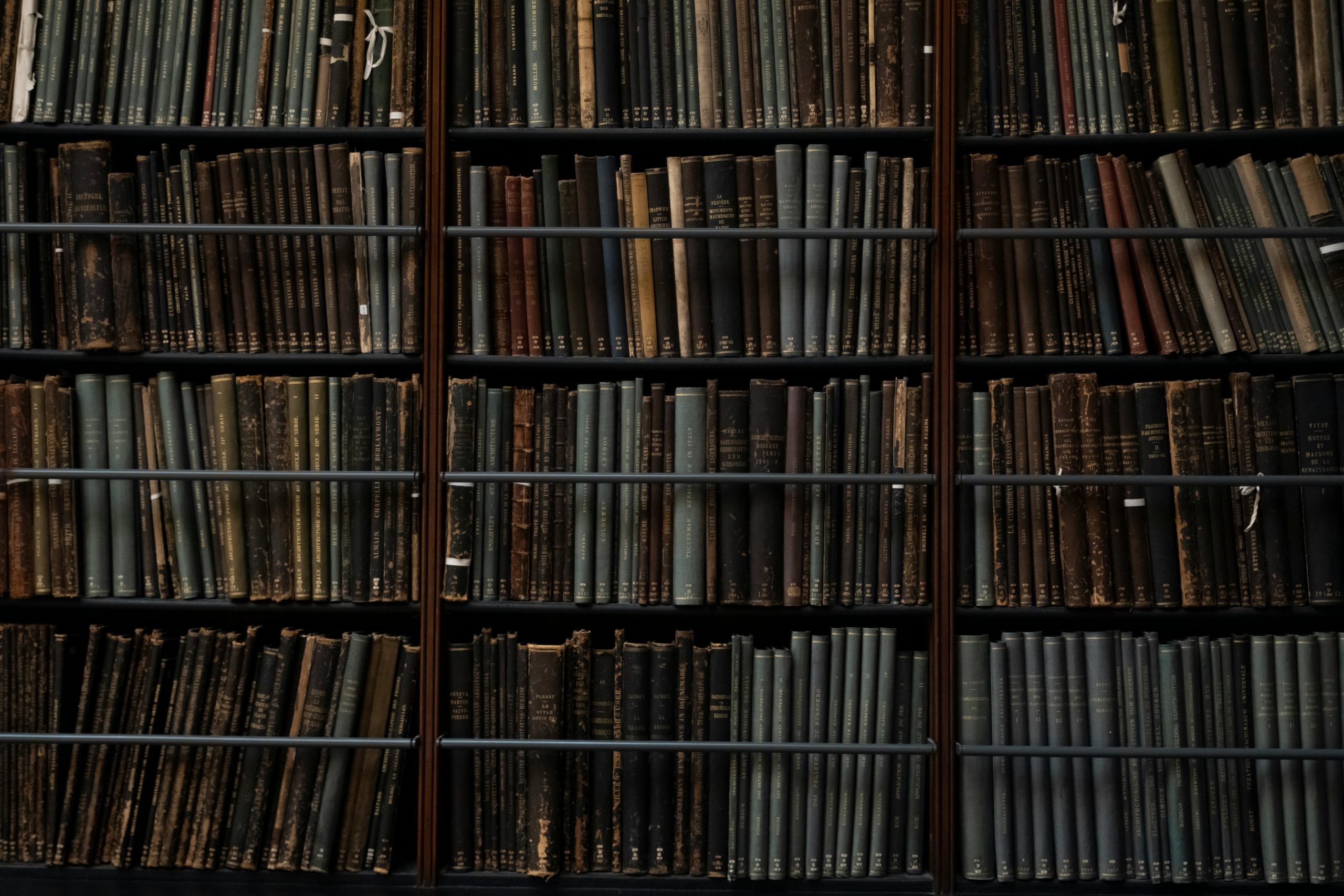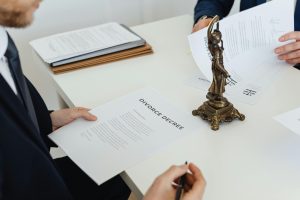Intellectual Property Law in the Age of AI
The rise of artificial intelligence (AI) has greatly impacted the world we live in, transforming industries and changing the way we work and live. With advanced algorithms, machine learning, and deep learning, AI has made tasks more efficient and accurate, but it has also raised concerns about intellectual property rights. In this article, we will explore the implications of AI on intellectual property law and how it is adapting to the changing times.
Understanding Intellectual Property Law
Intellectual property (IP) refers to the creations of the human mind, including inventions, literary and artistic works, symbols, names, images, and designs used in commerce. IP laws are a set of legal frameworks that protect the rights of creators and owners of original works and inventions. This includes patents, trademarks, copyrights, and trade secrets. These laws ensure that the creators are fairly compensated for their work and encourage innovation and creativity.
The Impact of AI on Intellectual Property Law
The continuous advancements in AI have created a complex legal landscape for intellectual property law. AI has the potential to create and innovate, leading to a vast amount of original work and ideas that need to be protected. However, AI’s ability to learn from existing data and create new works has also raised concerns about who owns the rights to these creations.
Challenges with Copyright
Copyright protects original works of authorship, including literary, musical, and artistic works. With AI’s ability to learn and generate new content based on existing data, the question of who owns the rights to AI-generated work arises. In traditional copyright law, the human creator is considered the copyright owner. However, in the case of AI-generated works, it becomes challenging to determine who the creator is. Is it the original data that the AI has learned from, the programmer who created the AI, or the AI itself? This blurred line has led to debates and legal battles over copyright ownership.
Patentability of AI Inventions
Patent law protects inventions and grants their creators exclusive rights to produce, use, or sell the invention for a limited period. The rise of AI has led to an increase in patent applications for AI-generated inventions. However, the criteria for patentability have always required a human element in the invention. This creates a challenge for AI inventions, where the AI itself is the inventor, and there is no human contribution. This issue is yet to be resolved by IP laws, and it brings into question how AI-generated inventions will be protected in the future.
Trademark Protection for AI-generated Brands
Trademarks are distinctive words, logos, or symbols used to identify and distinguish the products or services of one company from another. With AI becoming more prevalent in branding and marketing, the question of who owns the rights to AI-generated trademarks arises. For example, if an AI creates a brand name, does the AI or the company using it have the right to trademark it? This creates a legal grey area and may lead to trademark disputes in the future.
Adapting IP Laws for the Age of AI
The traditional approach to protecting intellectual property has become outdated in the age of AI. To keep up with the technological advancements, IP laws need to evolve and adapt to the changes brought by AI. Some steps that can be taken are:
Updating Legal Frameworks
The first step would be to update existing IP laws to include AI-generated works and inventions. This would require redefining what constitutes an original work and who can be considered the creator. The law needs to recognize and provide protection for AI-generated works and their creators.
Clear Definitions of Ownership
Clear definitions and guidelines need to be established to identify who owns the IP rights of AI-generated works. This will help avoid legal disputes and provide clarity to creators, programmers, and companies using AI. It is essential to establish clear guidelines for ownership, royalties, and licensing for AI-generated works.
Encouraging Collaboration
Collaboration between legal and technological experts is crucial in adapting IP laws for AI. Lawyers, policymakers, and AI experts need to work together to address the challenges and find solutions for protecting AI-generated works and inventions.
Conclusion
In conclusion, AI has undoubtedly disrupted the world of intellectual property law. It has raised questions about ownership, patentability, and protection of AI-generated works and inventions. As AI continues to advance, it is crucial to keep up with the changes and adapt IP laws to support innovation and creativity while protecting the rights of creators and users of AI. Collaboration and open discussion between all stakeholders can help find a balance between advancing technology and protecting intellectual property rights in the age of AI.










